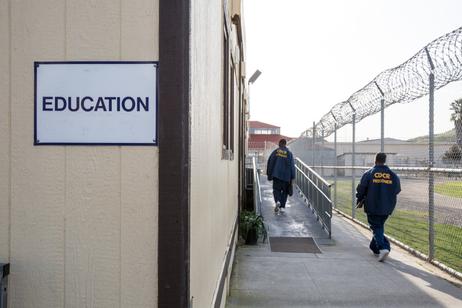While all mentoring programs help improve student performance and graduation rates, some community colleges are finding that minority mentorship programs are even more beneficial. Colleges across the country are celebrating the outstanding results achieved through the collaborative efforts of on-campus minority mentoring programs. As the Education Resources Services Center articulates, “Mentoring is a process that can increase the retention of minority students, with larger numbers graduated and hired for faculty positions.”
To discover the benefits of minority mentoring opportunities, consider what some of the top-performing organizations have been able to achieve with their local community college support.
In their paper, Institutionalizing Mentoring in Community Colleges, Dr. Robin Phelps-Ward and Dr. Amanda O. Latz make the point that "Opportunities for institutionalized mentoring in community colleges have the potential to manifest in the promotion and tenure process, faculty development seminars, student recruitment and admissions procedures, and throughout curriculum development. However, colleges must make a concerted effort to weave and explicitly communicate mentoring as a value through mission and vision statements, strategic goals and outcomes, and even course objectives."
This video reports on the minority mentoring initiative at Montgomery County Community College.
Examining the College Student Spectrum
According to the Community College Review-Journal, diversity among community college student populations is constantly shifting. In fact, recent US Census Bureau reports show that 42.3 percent of African Americans enrolled in college programs






















